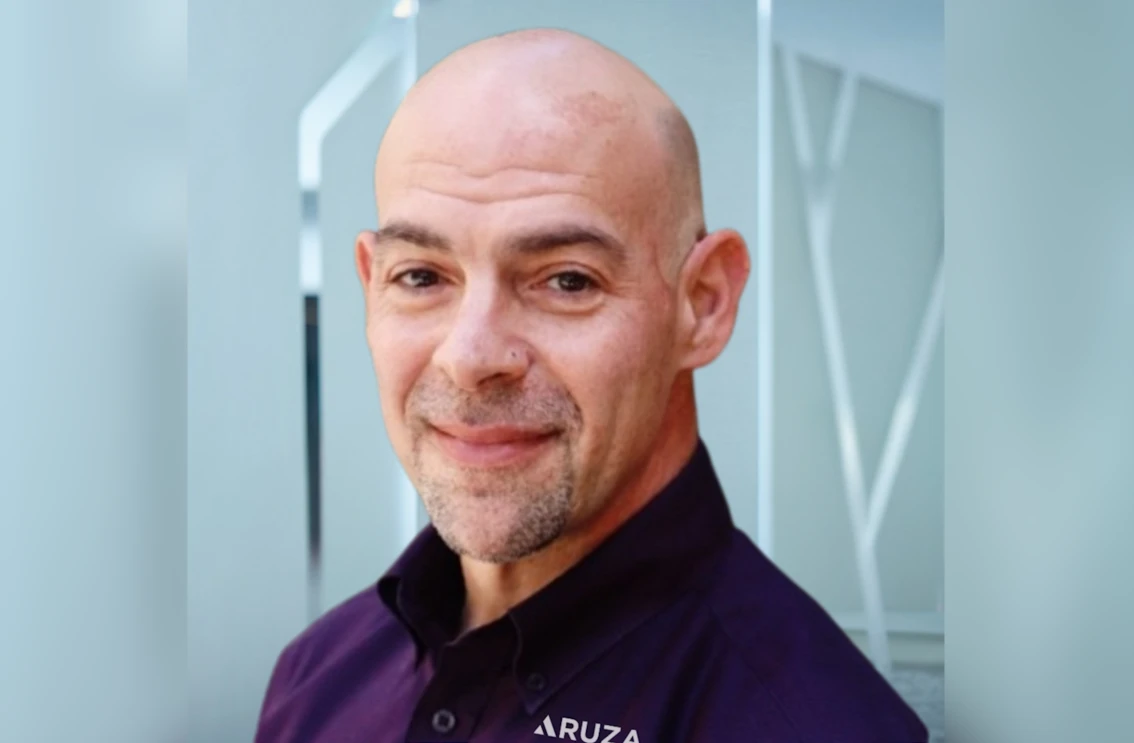
Confidence is the key to moving from being a leader to being the leader, public speaking champion Ryan Avery told attendees of last year’s NPMA Academy, held in Scottsdale, Ariz. Avery, who at age 25 became the youngest World Champion of Public Speaking, delivers 75 keynote presentations per year around the world on strategic communication and leaders.
With an appreciative nod to Jim Collins’ classic management book “Good to Great,” Avery says making the leap from good to great isn’t enough in today’s business world. “It’s no longer acceptable to be great anymore,” he says. “Why? All of us are great: Your competition is great, the leaders around you are great.”
Today’s leaders need to offer more than a great solution. “Customers aren’t looking for a solution to the problem, they want the solution to the problem,” Avery said. “People don’t want a pest control company, they want the pest control company.”
SHOW — DON’T TELL. Demonstrating confidence will inspire people to do more than listen. “When a leader talks, people pay attention,” says Avery. “When the leader talks, people take action.”
Avery says the goal is to have people nodding their heads “not because they’re being polite but because they’re saying ‘Yes, I want to use your services; yes, I want to work with you; yes, I want to continue to work for you.’”
“You are the leader when your actions inspire others to take action, that’s when you’re the leader of what it is you do. When your actions inspire others to take action, you have become the leader in your industry.”
At NPMA Academy 2017, Avery keyed into specific strategies for demonstrating confidence at work.
First impressions are critical, so add value within the first 60 seconds of a presentation. “People remember what they see first and what they feel last. Ninety percent of people’s first impressions of you will never change,” Avery told the audience. “What we want to do is to instill confidence right off the bat.”
He says silence is the most powerful tool to use as a communicator, yet many leaders don’t know how or when to use it. One of the best ways to use it is at the beginning of a meeting or presentation. He uses something he calls a lion’s gaze. Imagine a lion looking out over a savannah.
Now picture the gazelles. Where are they looking? Probably, at the lion. “Gazelle’s don’t care when they see a lion, they care when the lion sees them,” he says.
Once you have the audience’s attention, don’t let body language undermine the message. Moving backwards is an internal and external sign of retreat. “How your body moves dictates how your message is received,” Avery says.
CHOOSE WORDS CAREFULLY. Avery says leaders need to remove the words just and only from their vocabulary. “I just want to follow up with you” sounds very different from “I want to follow up with you.” The word “only” has a similar impact. Consider the difference between “I only have two employees,” versus “I have two employees.”
Look for opportunities to be courageous, Avery recommends. “A leader has confidence. The leader demonstrates confidence. Very big difference,” he says. “Confidence is the by-product of you being courageous. Where can you be a little bit more courageous and where can your staff be courageous?”

A LESSON IN COURAGE. Avery’s courageousness as an entrepreneur started at an early age. He started his first business in 8th grade; selling candy to his classmates in Texas. His principal quickly shut it down. He tried again when he was a sophomore in high school. In two weeks, he sold $4,000. He was looking for a way to make money to buy a $5,000 car and ended being able to buy two cars. “I make tens of thousands of dollars … it pays for my college and I have more money than any high schooler should ever have,” he says.
A few years after college, he set his sights on becoming Toastmasters International’s 2012 World Champion of Public Speaking. He asked his wife, Chelsea, to be his coach. He says he was so nervous before his first speech he could practically see his heart beating out of his chest. Then he started speaking and completely froze. “I blacked out for 28 seconds without saying one word,” he told NPMA Academy 2017 attendees. “How do I know it was 28 seconds? Because I have it on video.” His second attempt went a little better, despite his wife’s efforts to get the audience to heckle him. She told him if he could get through that experience, he could get through anything.
She was right. He kept practicing, speaking to groups at every opportunity, increasing his confidence, clarifying his message and connecting with his audience. Nine months later, at the age of 25, he became the youngest person ever named World Champion of Public Speaking. Now, at the age of 30, he’s a best-selling author and travels the world speaking on leadership and strategic communication.
Avery says it’s important to be able to laugh at yourself. Mistakes happen. “Do not let one thing, ruin everything,” he says. “In business, if you can remember that, you’ll go a lot farther.”
WANT MORE?
Enter your email to receive our newsletters.

Explore the June 2018 Issue
Check out more from this issue and find your next story to read.
Latest from Pest Control Technology
- Webinar: Employee Incentives — Going Beyond the Annual Raise
- Pest Control Companies Helping Neighbors in Need Eradicate Bed Bugs
- Why Does Marketing Feel So Opaque?
- How Did This Pest Get Its Name?
- Rose Pest Solutions Honors Top Performers with Annual Chief’s Club Awards
- Doug Foster on Termite Control Equipment, Resources
- Pest Control Consultants Acquires EcoGuard Pest Control
- Pest Index Increased 9 Percent YOY in February






